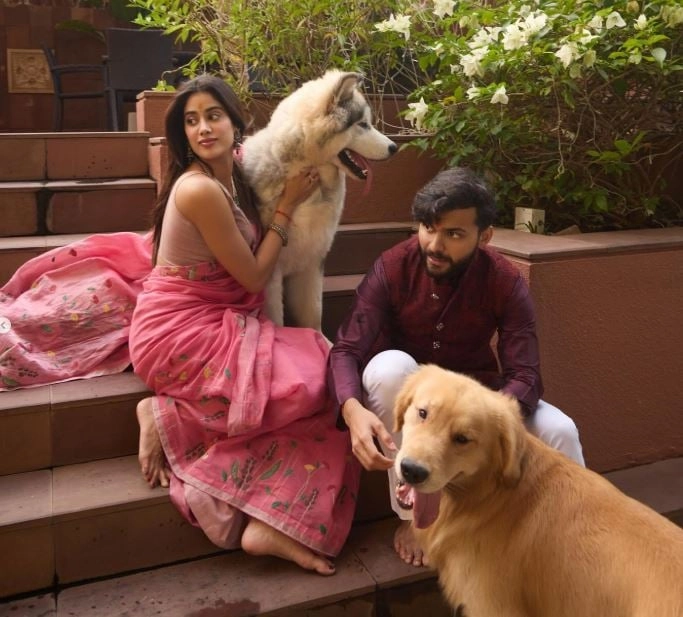Indian rapper Badshah recently found himself at the center of controversy after making a comment about “making babies” with international pop star Dua Lipa during a promotional event. The remark, which was intended to be humorous, quickly spiraled into a backlash on social media, where users expressed their outrage over the perceived insensitivity of the statement. Many found the comment inappropriate, arguing that it objectified Dua Lipa and trivialized the seriousness of relationships and parenthood.
Critics took to platforms like Twitter and Instagram, labeling Badshah’s comment as “disgusting” and indicative of a broader issue regarding how women are often portrayed and objectified in the entertainment industry. The backlash highlighted a growing awareness and intolerance for comments that reduce women to mere subjects of humor or desire, particularly in a professional context. As conversations around gender sensitivity and respect continue to evolve, many felt that Badshah’s flippant comment was out of touch with contemporary values.
In response to the backlash, Badshah attempted to clarify his intentions, stating that his words were meant to be light-hearted and not to offend anyone. However, the damage was done, and the incident served as a reminder of the fine line public figures must navigate when making jokes that involve others, especially women. This incident underscores the importance of being mindful of the language we use and the implications it can carry, particularly in an era where social media amplifies voices and opinions.
The situation has sparked a broader discussion about accountability in the entertainment industry, urging artists to be more responsible with their words and the impact they can have on their audiences. As fans and advocates for change continue to speak out against such comments, it becomes increasingly clear that there is a demand for more thoughtful discourse around gender and representation in popular culture.




